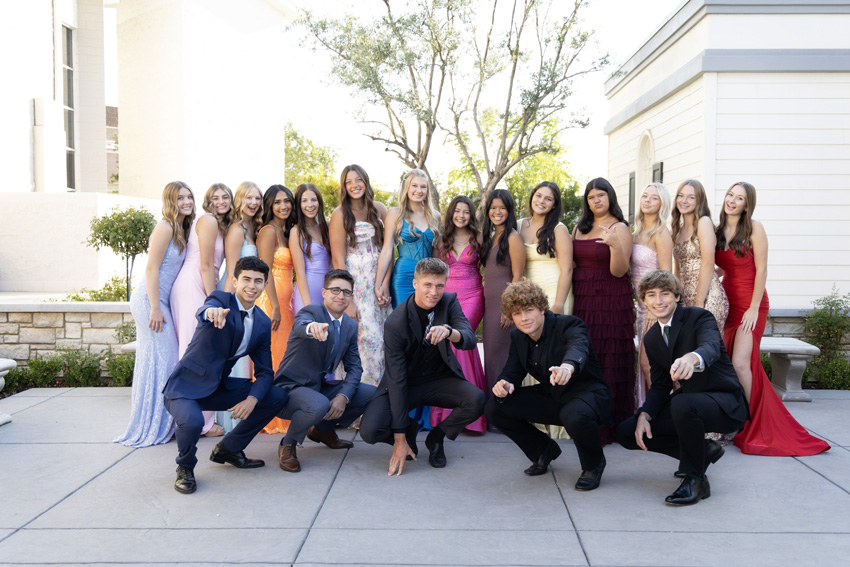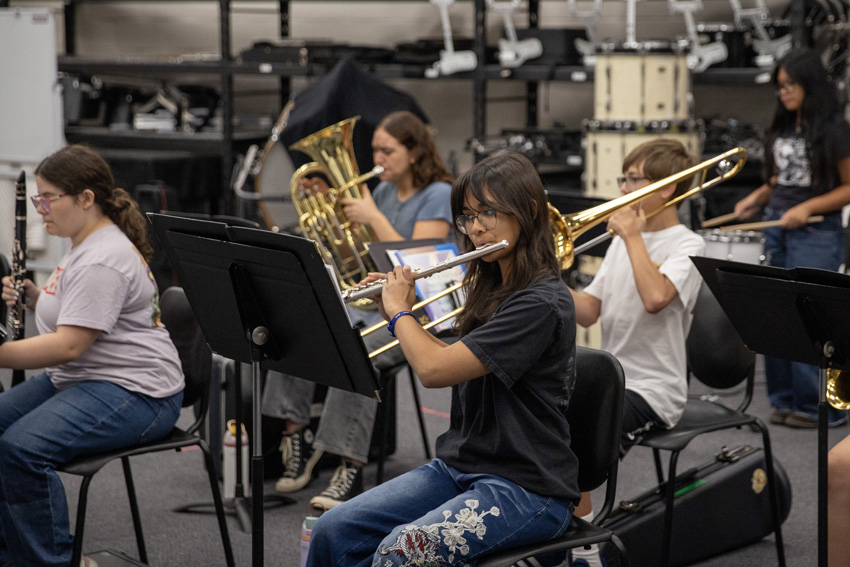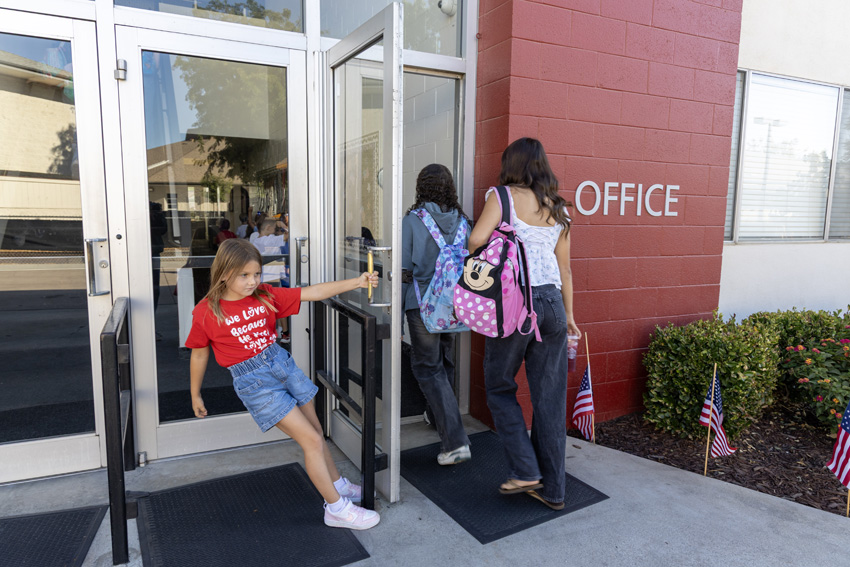With less than a year left before the 2012 Presidential election, politicians are scrambling for cash and gearing themselves up for perhaps the most important election in a generation; an election that can determine the future direction of United States policy.
For high school seniors, politics is an entirely new world, one that can be difficult to navigate through to find seeds of truth among the heaps of bias. Many young voters are cynical towards the nature of politics or are simply apathetic towards voting.
“I don’t plan on voting next year,” Daniel Andrew, ’12, said. “It takes too long and I just don’t know anything about politics. I’m afraid I might end up voting for the wrong person. If I knew more about politics, I would be more inclined to vote.”
Most statistics seem to suggest that this trend is fairly common. In 2006, about 40 percent of Americans aged 18-29 were not registered to vote. While the 2008 presidential election saw a general rise in youth voting participation, the 2010 midterm elections saw a drop relative to past midterm elections.
However, voting is important not just for helping to determine who runs the government, but for teaching young voters to learn more about the world around them and take control of their future.
Some seniors view voting as an interesting new experience and are eager to exercise one of the most important political rights.
“I hope to vote next year even though I really don’t know anything about politics,” Jonathan Passmore, ’12, said. “I think it is your civic duty to vote. The government handles our tax dollars and I shouldn’t waste my say in how they spend it by not voting.”
Yet, even if your candidate does not win, by voting you show America’s leaders that you are paying attention and are going to hold them accountable for their actions.
To help seniors, here are some tips to sort out the voting process: read the local newspapers such as the Fresno Bee and watch the news channel every so often. Spend some time, maybe fifteen minutes a day or week, reading online articles about various candidates that you can vote for.
I would suggest choosing one of the two main political parties. While it may sound appealing to register as an independent, you would be unable to vote in the primaries of most states. Even if you do not agree with all of the policies of the major parties, by voting in the primaries you can determine their future policy platforms and influence which candidates advance to the general election.
Also, it’s extremely important to remember to register. You must register at least fifteen days before the election to vote. You can register by either going through the steps here, or asking for a form at the county elections office, library or U.S. Post Office.
If we do not learn to vote, we cannot possibly hold our government accountable to protect civic liberties.
For more commentaries, read the Oct. 6 article, COMMENTARY: Apple business legend passes away.






